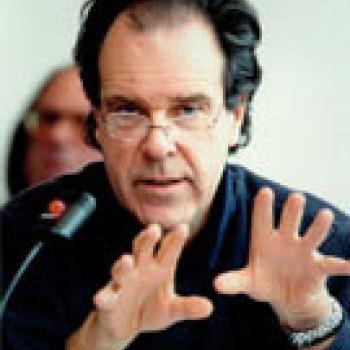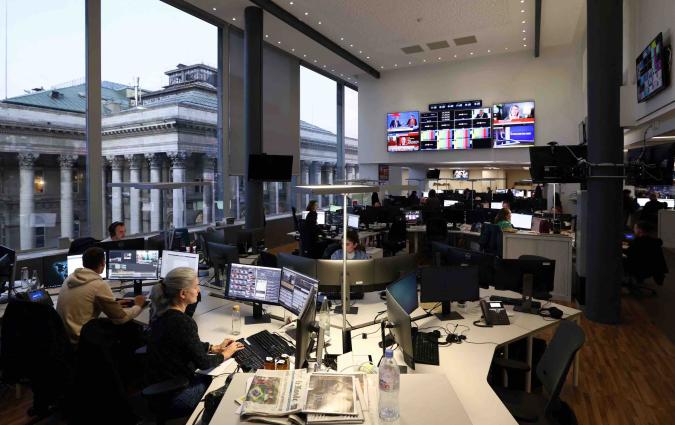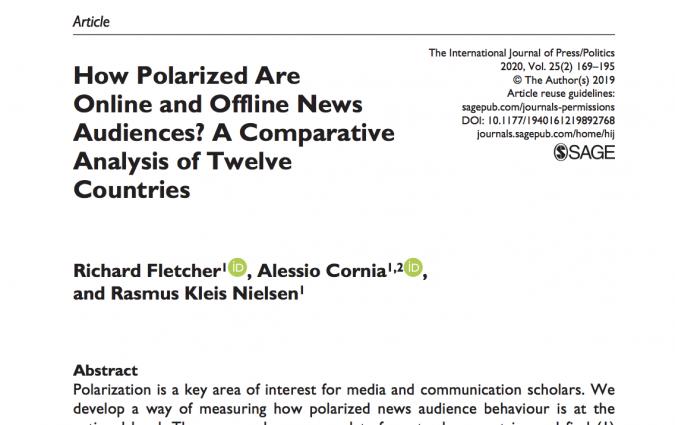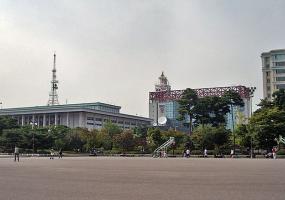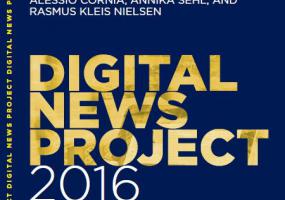Journalism in an Age of Terror
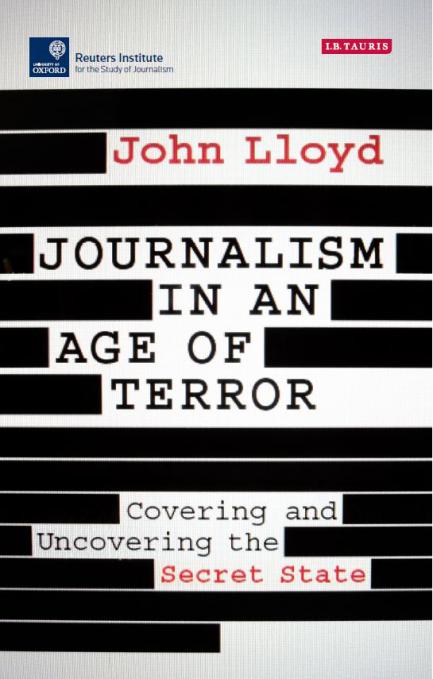
The threat of terrorism and the increasing power of terrorist groups have prompted rapid growth of the security services and changes in legislation permitting collection of communications data. This provides journalism with acute dilemmas.
The threat of terrorism and the increasing power of terrorist groups have prompted rapid growth of the security services and changes in legislation permitting collection of communications data. This provides journalism with acute dilemmas. The media claims the responsibility of holding power to account: but cannot know more than superficial details about the newly empowered secret services. At the heart of the state are agencies with sweeping powers to legitimately examine private correspondence – which by definition must remain secret.
In 2013 Edward Snowden, a private contractor for the US National Security Agency, copied hundreds of thousands of NSA files and leaked them to a small group of journalists. A selection of these files was published by media outlets which were subsequently told that they had gravely hindered the work of the security agencies. The journalists who worked most closely with Snowden believe that the governments which sanctioned the collection of private communications data – unknown as it was to almost everyone – had betrayed all trust. How far is this attitude common among journalists, and how far should it be?
Journalism in an Age of Terror is the first examination of the state of relations between two crucial institutions in the modern state: the intelligence services and the news media. It provides the answers to crucial questions including: how can power be held to account if one of the greatest of powers is secret? How far have the revelations damaged the activities of the secret services? And have the governments lost all trust from journalists and the public?
Download an extract from the book free of charge
Purchase a copy of the book from IB Tauris or Amazon
Author biography:
John Lloyd is Senior Research Fellow at the Reuters Institute for the Study of Journalism as well as a contributing editor at the Financial Times (FT), a columnist for Reuters.com, and for La Repubblica of Rome. At the FT, he has been Labour Editor, Industrial Editor, East Europe Editor, and Moscow Bureau Chief: he was founding Editor of the Weekend Magazine. He has received a number of press awards, including Granada’s Journalist of the Year, the British Press award’s Specialist Writer of the Year, the David Watt Prize, and the Biagio Agnes Lifetime Achievement award. For the Reuters Institute, he is co-author of Reporting the EU (with Cristina Marconi) and Journalism and PR (with Laura Toogood).
When it comes to mapping the jagged dilemmas and relationships between the media and the secret state, nobody does it better than John Lloyd.
Peter Hennessy, Attlee Professor of Contemporary British History, Queen Mary University of London
This is a masterpiece: an engrossing narrative, told with flair but generally with fairness, about the evolving relationship between journalism and the secret intelligence services of three countries; a dissection of the cross-cutting imperatives of journalists as they confront a new age of information technology and global terror threats; and, perhaps most intriguing of all, a sensitive analysis of the moral, legal and political conflicts arising in a democracy both protected and sometimes endangered by intelligence agencies and their doppelganger, the press. It is a timely work, absorbing, comprehensive and scrupulously argued, and we are all in John Lloyd’s debt for it.
Philip Bobbitt, Herbert Wechsler Professor of Jurisprudence, and director of the Center for National Security, at Columbia Law School.


